Given India's unfair and discriminatory treatment of Chinese journalists, China has no choice but to take appropriate countermeasures to safeguard the legitimate rights and interests of Chinese media organizations, Chinese Foreign Ministry spokesperson Mao Ning said on Thursday, urging India to correct its mistakes.
Mao's remarks were made in response to the question on whether China has suspended the visas of two Indian journalists.
"As far as I know, the Indian journalists' visa status has not been changed. We have always treated China-based Indian journalists like friends and family members," said Mao.
The current situation is not what Chinese side would like to see. "Putting themselves in the Chinese journalists' shoes, I'm sure the Indian journalists can fully relate to what their Chinese colleagues are going through. We hope the Indian side could show goodwill, immediately correct the wrong practice, and provide convenience for the normal work and life of journalists," the spokesperson said.
Chinese journalists have suffered unfair and discriminatory treatment in India for a long time. In 2017, the Indian side shortened the period of validity of visas held by Chinese journalists in India to three months or even one month without any valid reason. Since 2020, the Indian side has refused to review and approve Chinese journalists' applications for stationing in India. What is worse, in December 2021, a CGTN journalist stationed in India was asked by the Indian side, with no explanation till now, to leave the country within ten days when his visa was still valid for two months and his term would not end in half a year, Mao said.
A few days ago, the Indian side asked a journalist of the Xinhua News Agency to leave the country by March 31, citing the reason that he had been in the country for six years, Mao noted.
China treats Indian journalists in China with goodwill and has actively provided assistance and facilitation for their life and work in China. Indian journalists stationed in China all hold residence permit valid for one year, during which they can enter and exit from China multiple times and their lawful rights of interview and reporting are fully protected, said Mao.
Journalists from the PTI and the Hindustan Times have stationed in China for over 10 years, and you may learn the relevant facts from them, Mao noted
Over the years, China has actively communicated with India with restraint and goodwill. The Chinese Embassy in India expressed concerns on Chinese journalists' visas. Regrettably, however, India ignored this and even went further down the wrong path, said Mao.
Considering this, China has no choice but to take appropriate countermeasures to safeguard the legitimate rights and interests of Chinese media organizations. Indian journalists are welcome to work in China. If India takes positive measures to correct its mistakes, China stands ready to head toward the same direction and continue to provide facilitation for Indian journalists, Mao said.












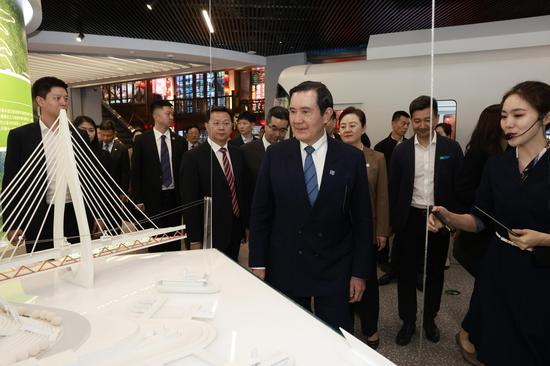
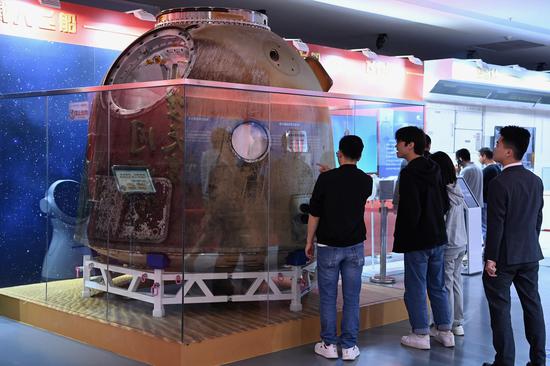

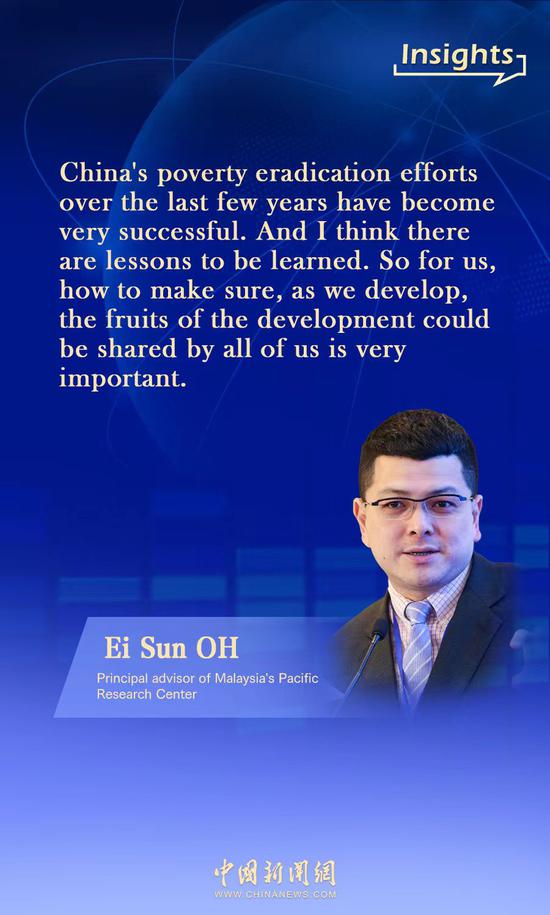


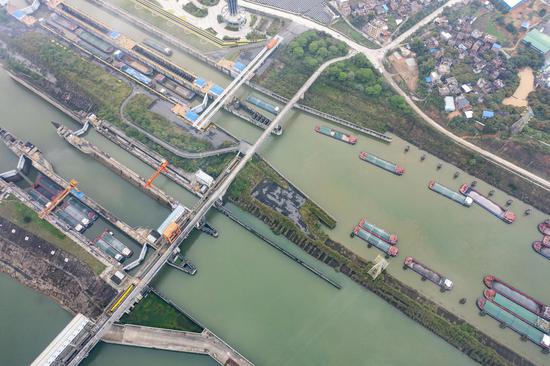
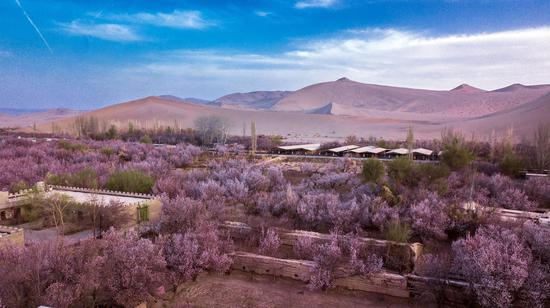
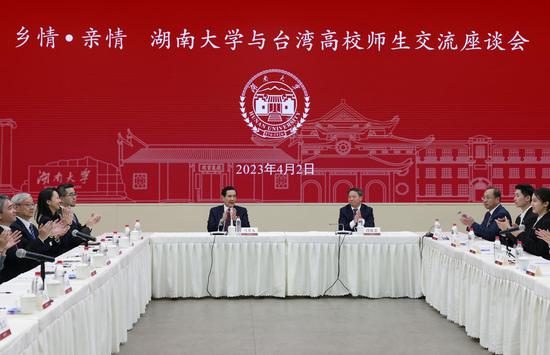
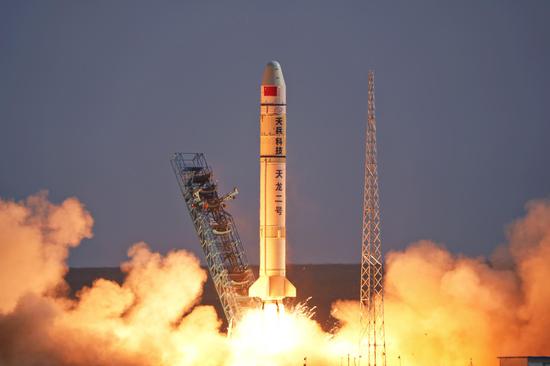

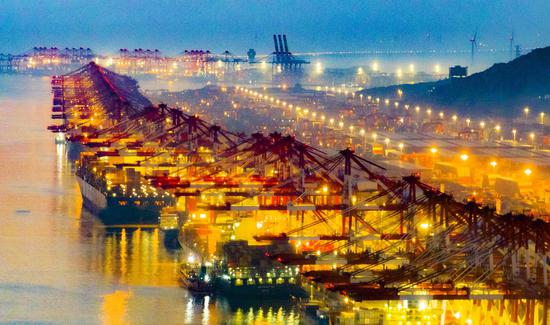
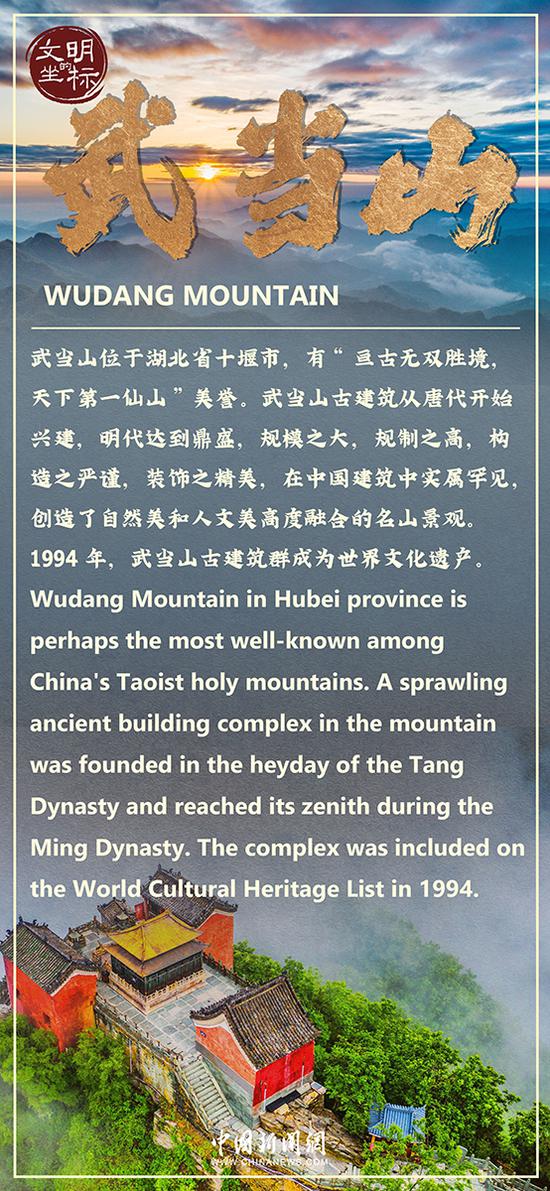
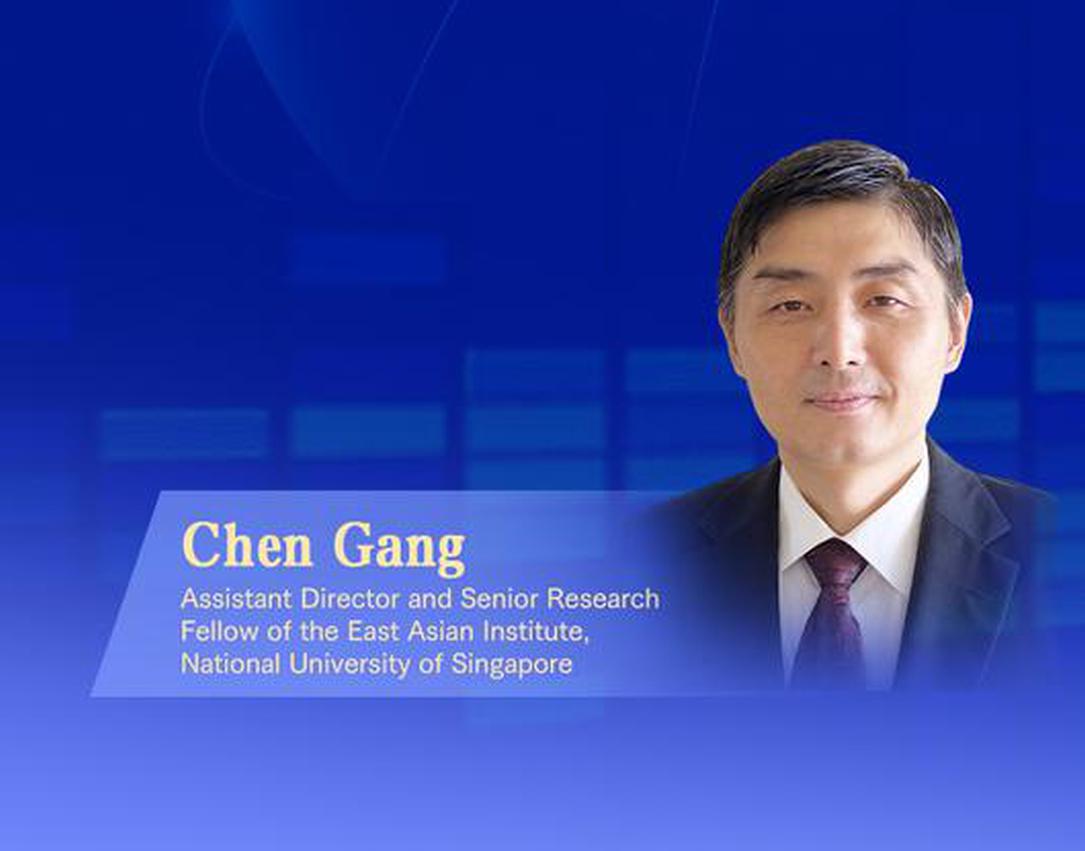
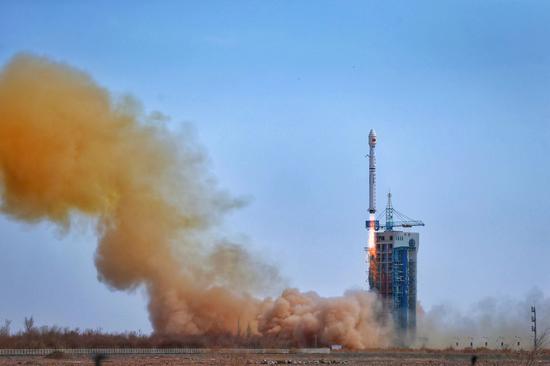
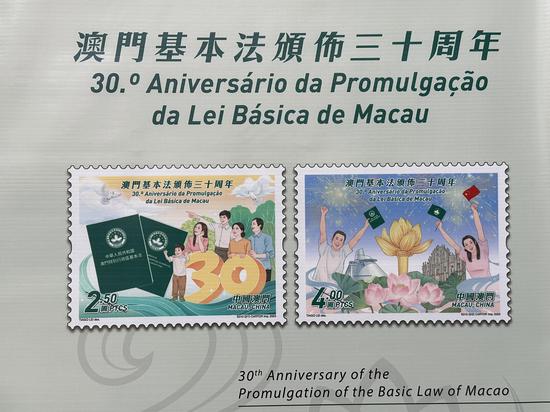



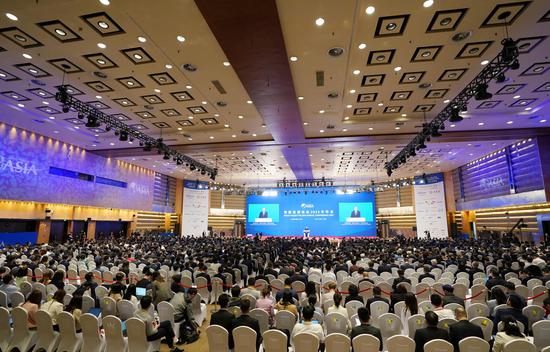
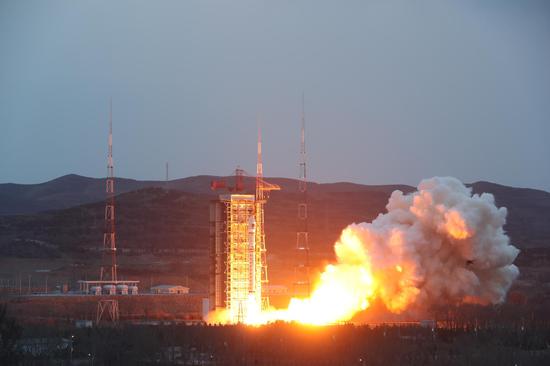
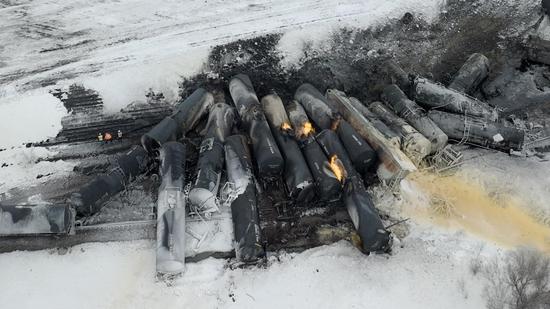



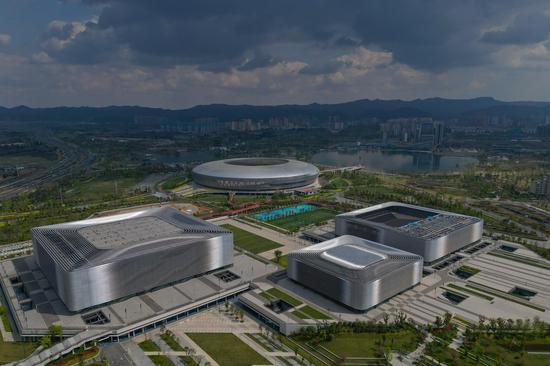
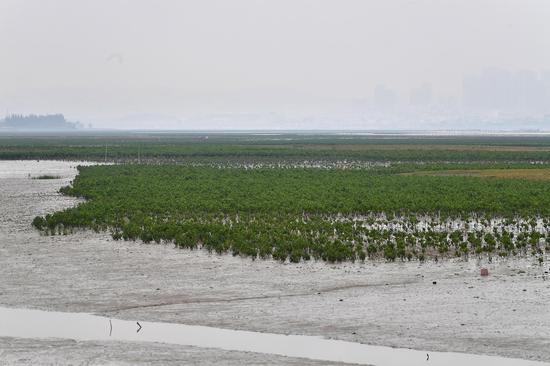
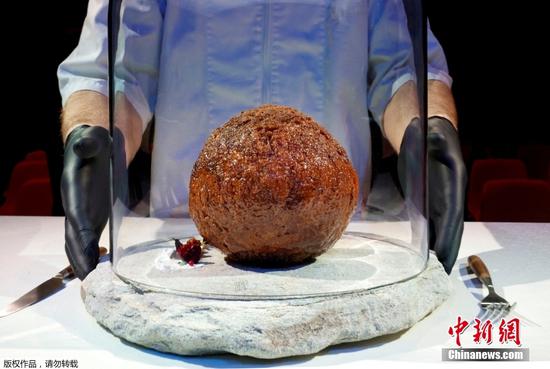
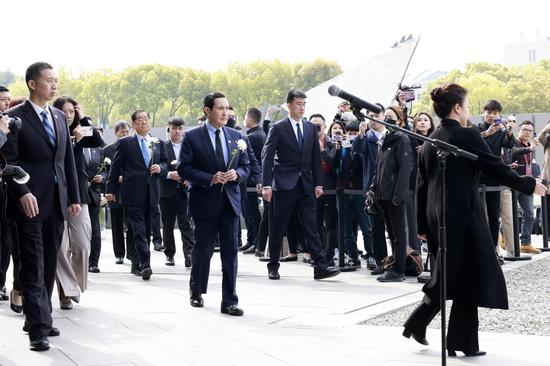
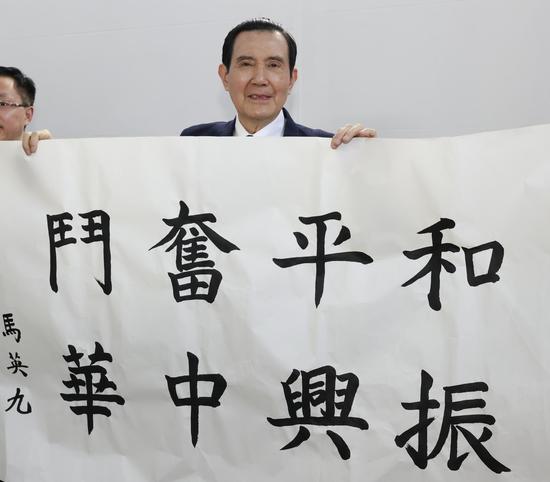





 京公网安备 11010202009201号
京公网安备 11010202009201号